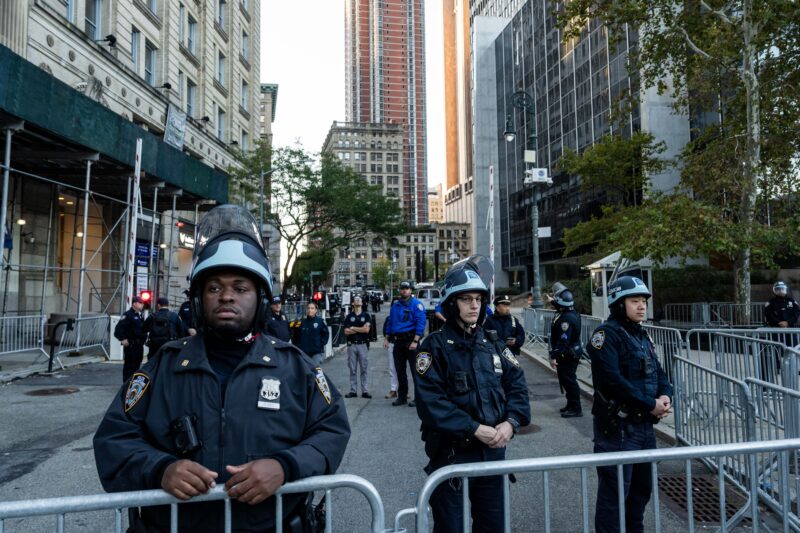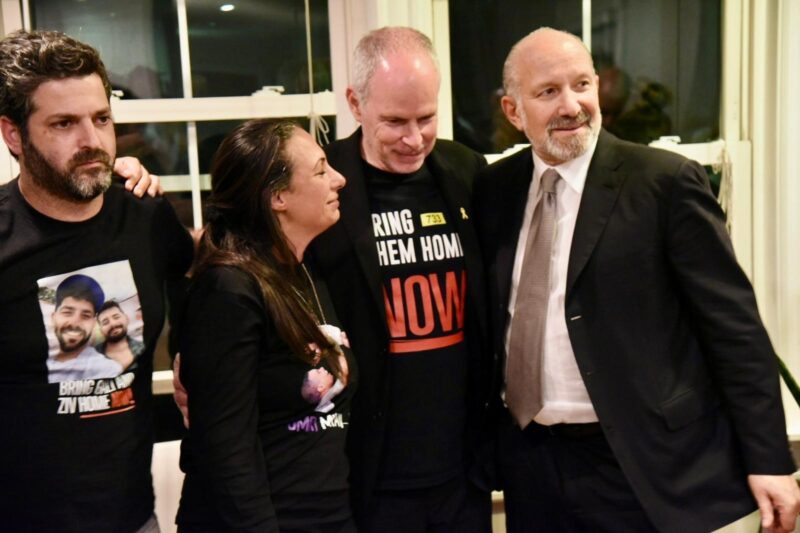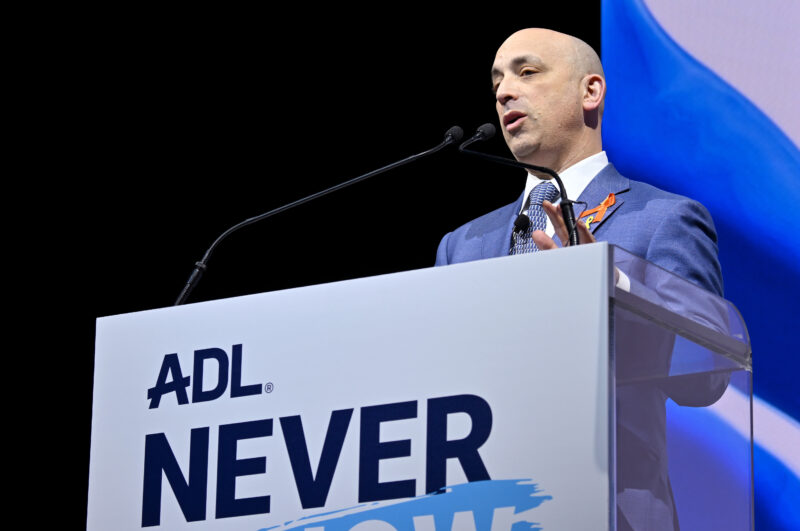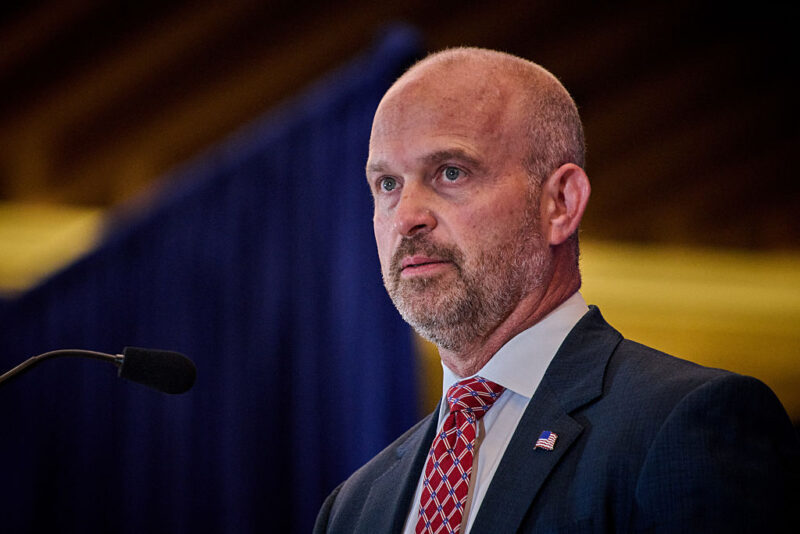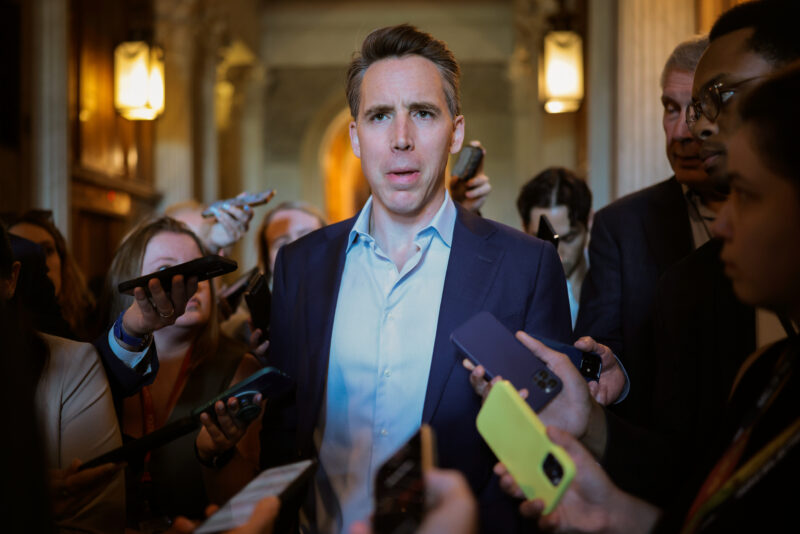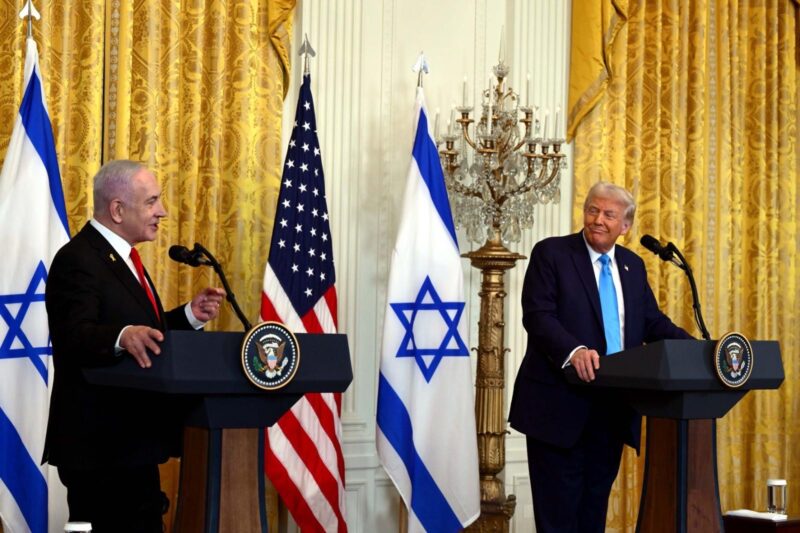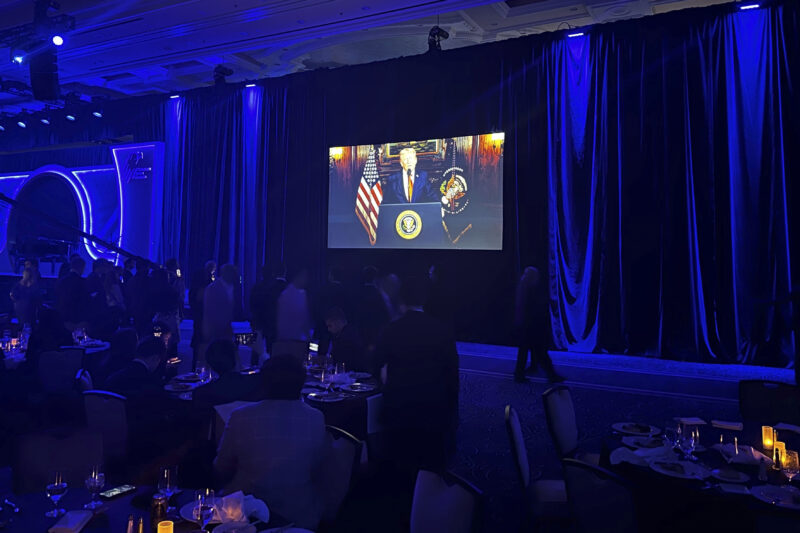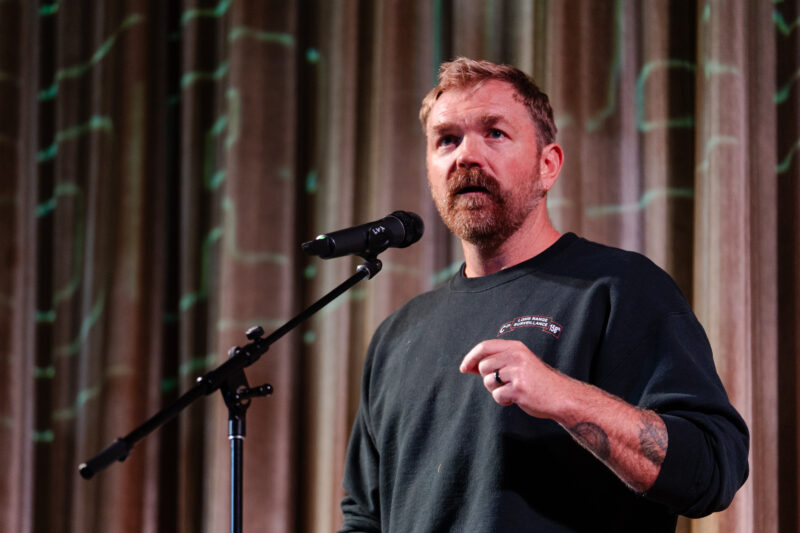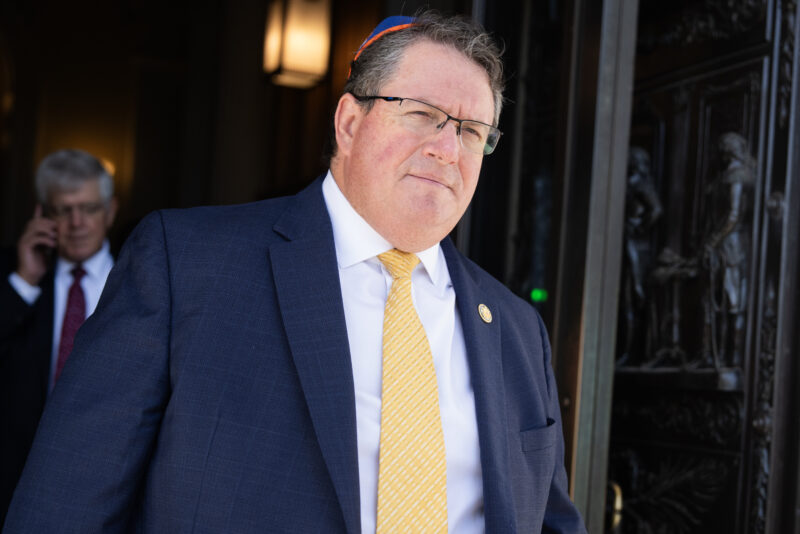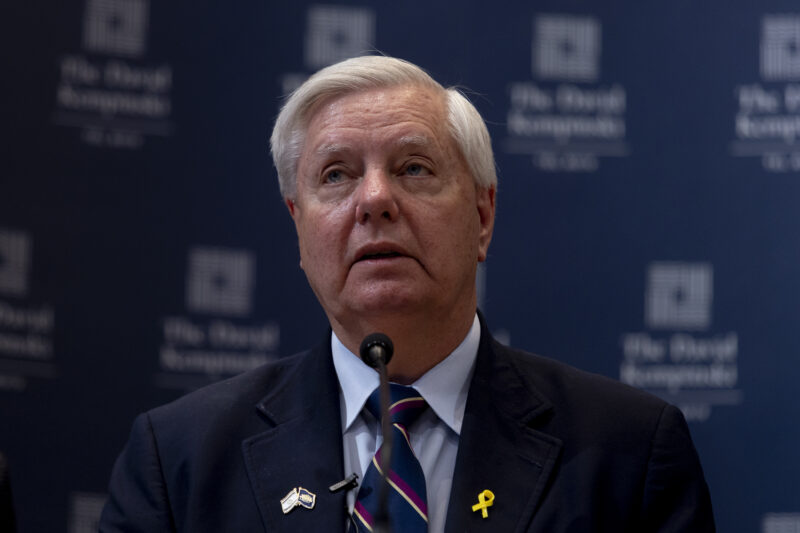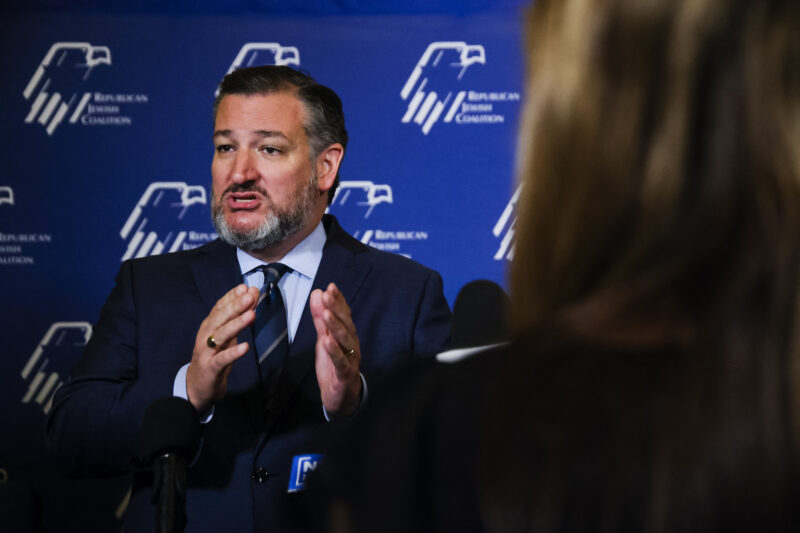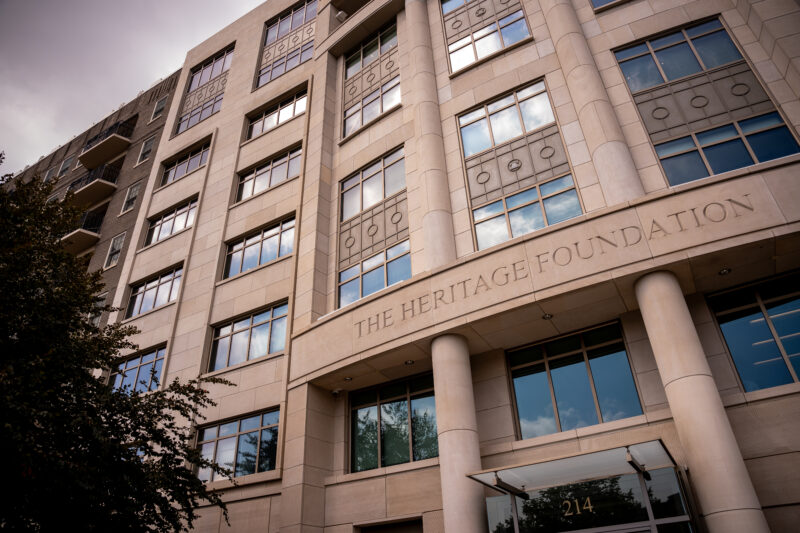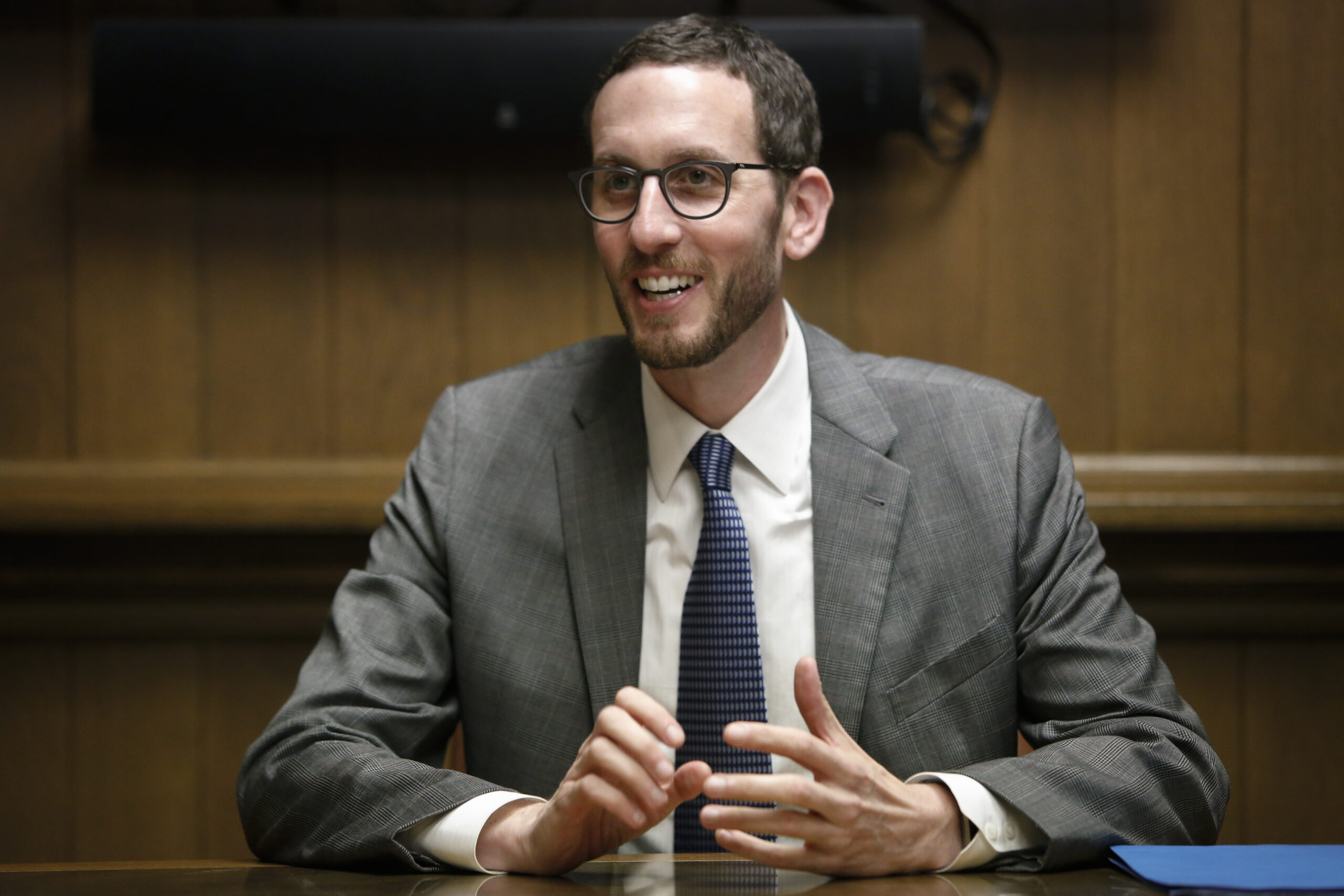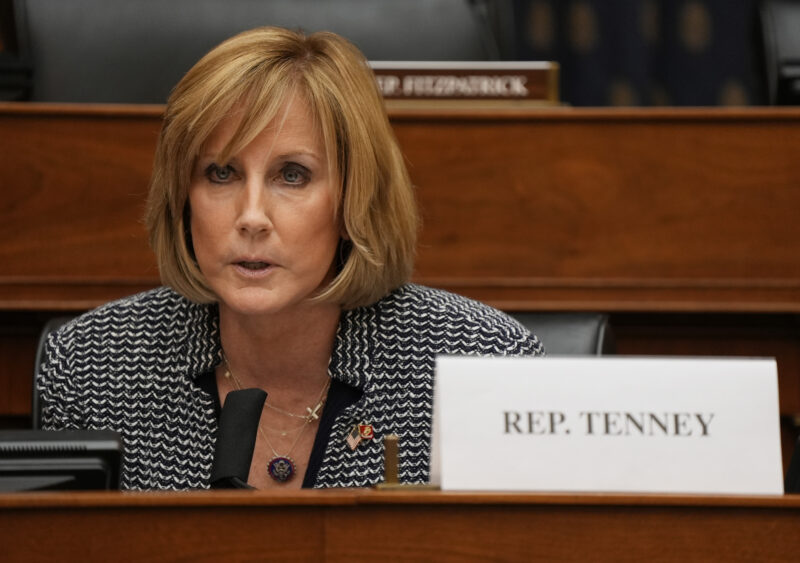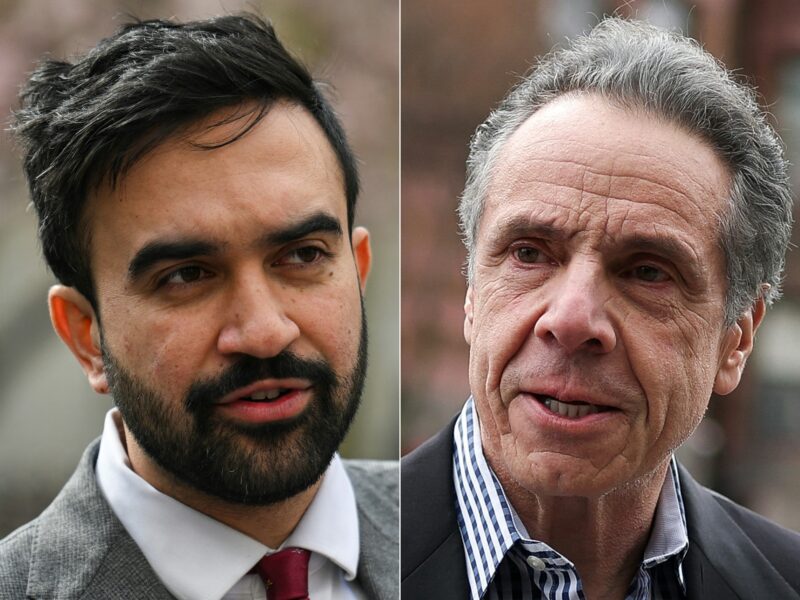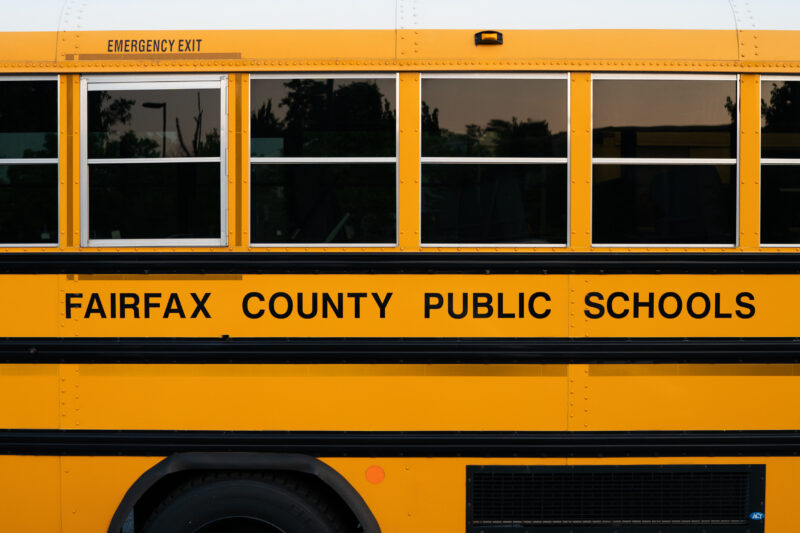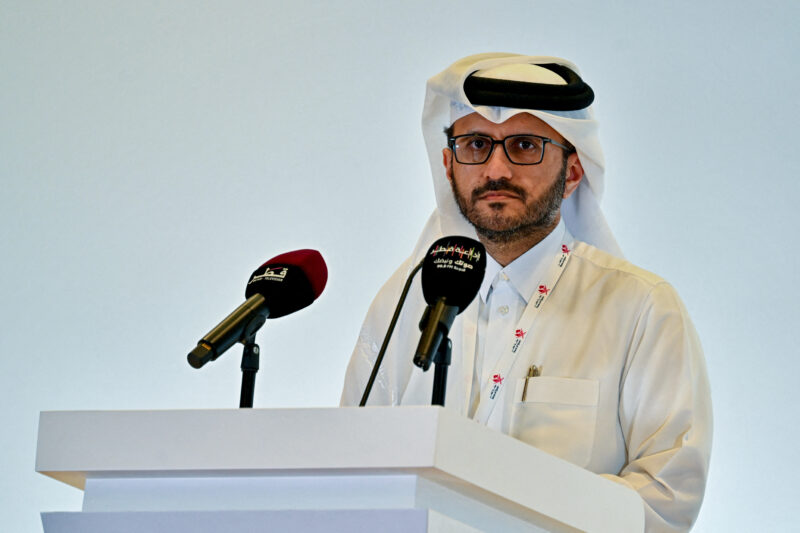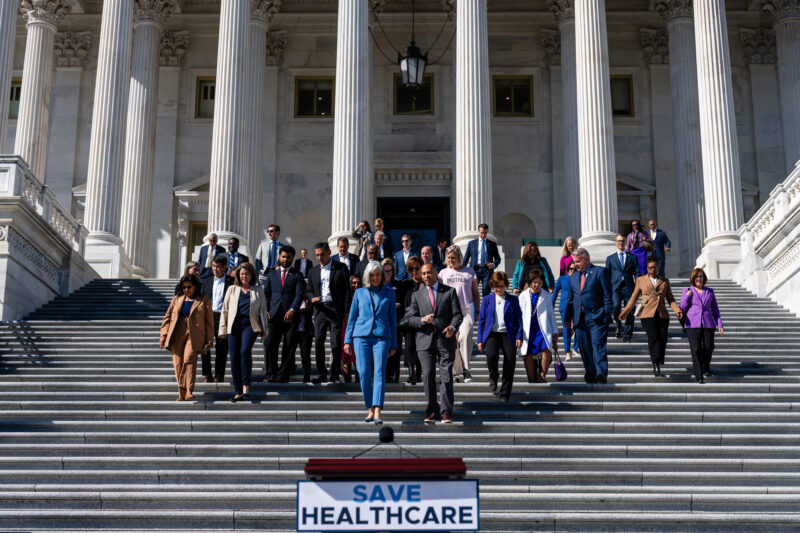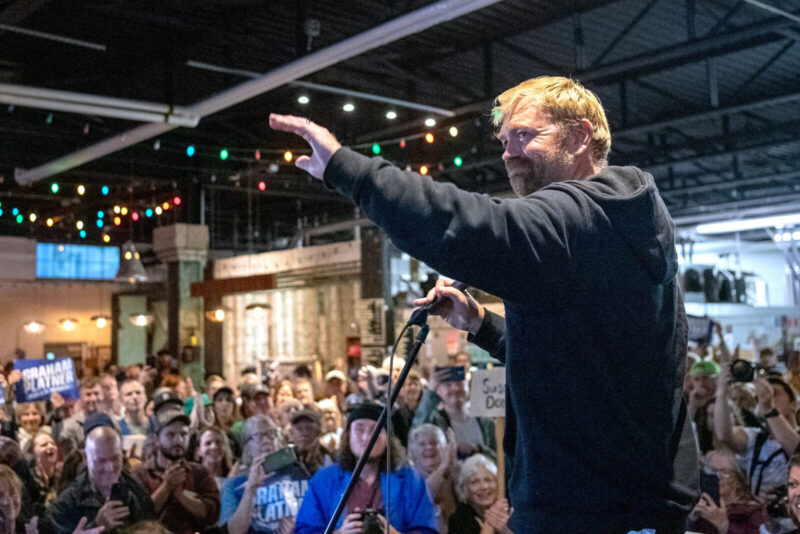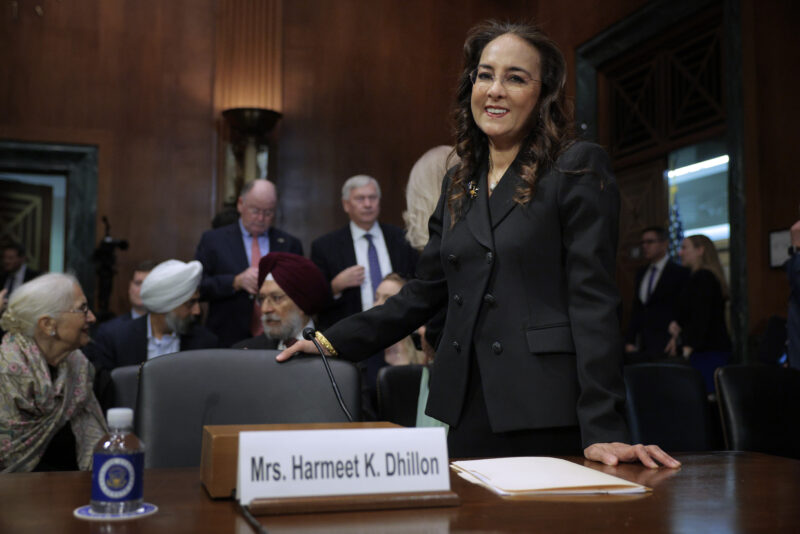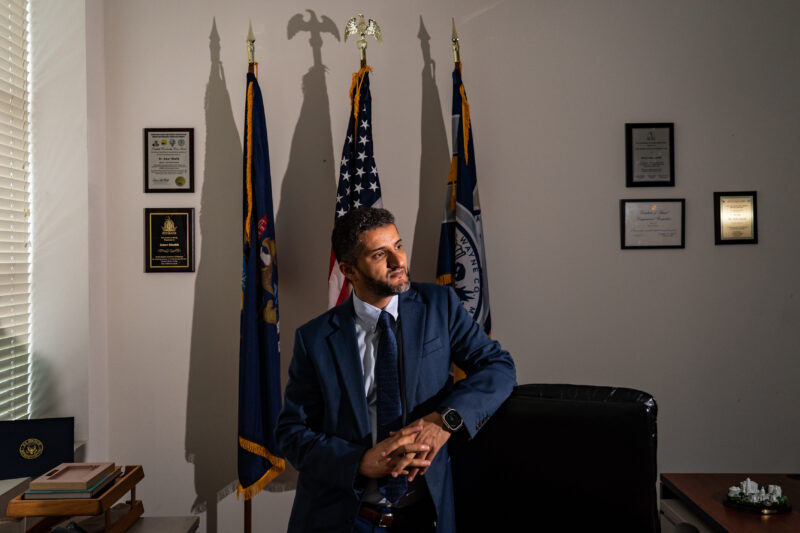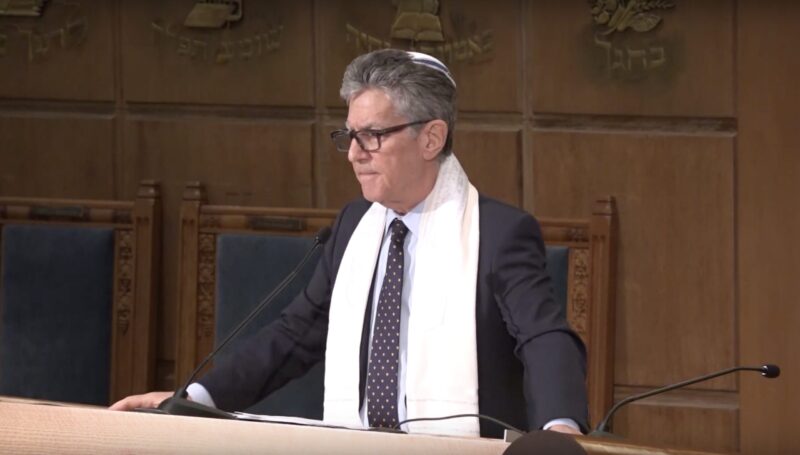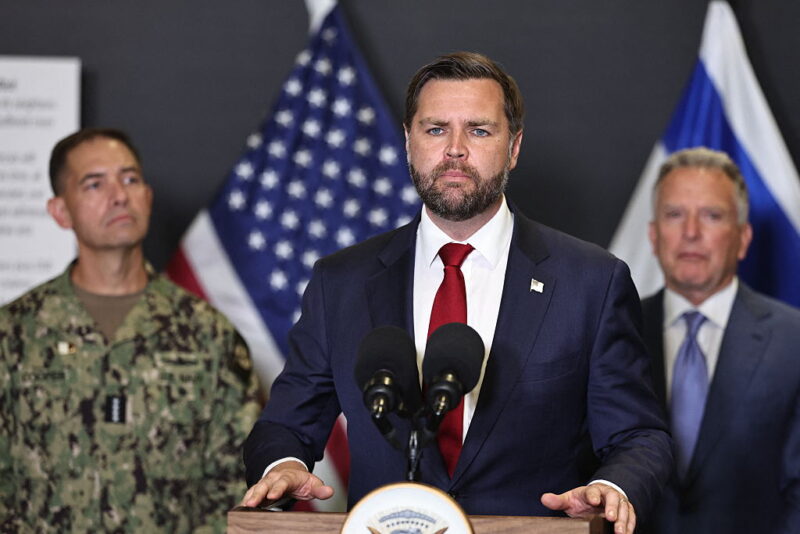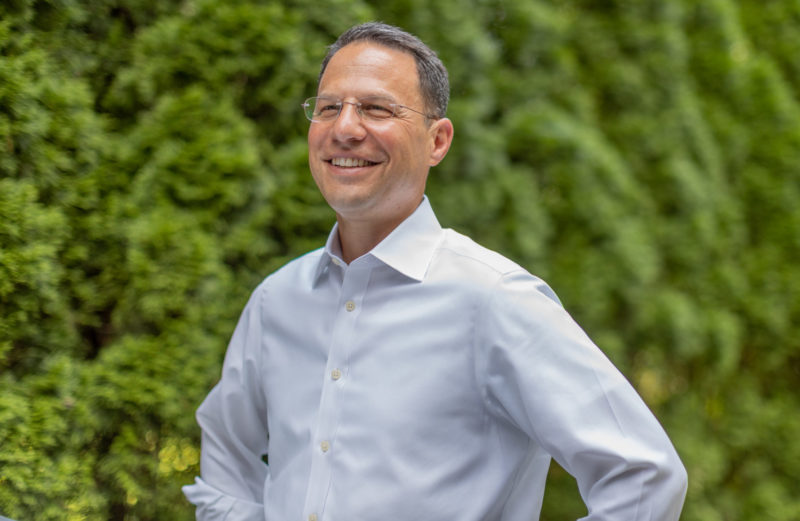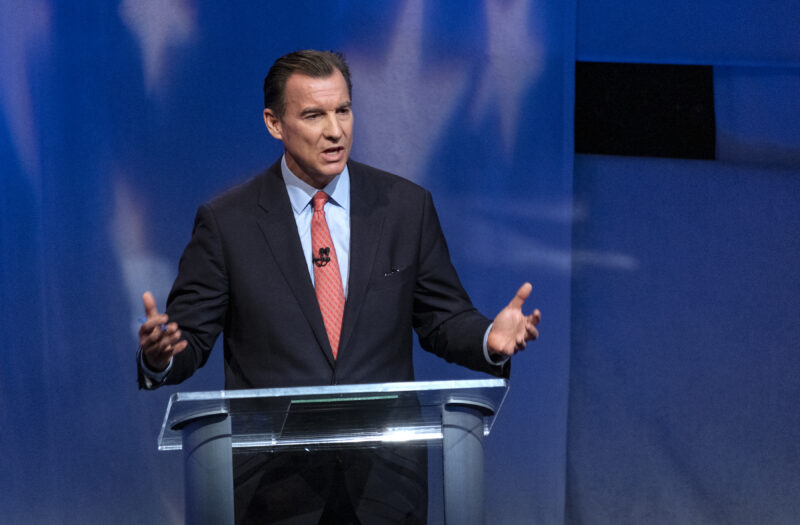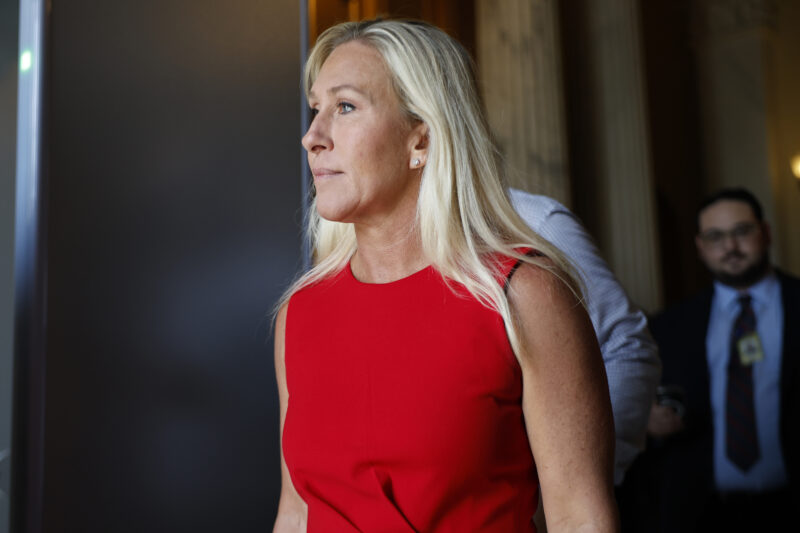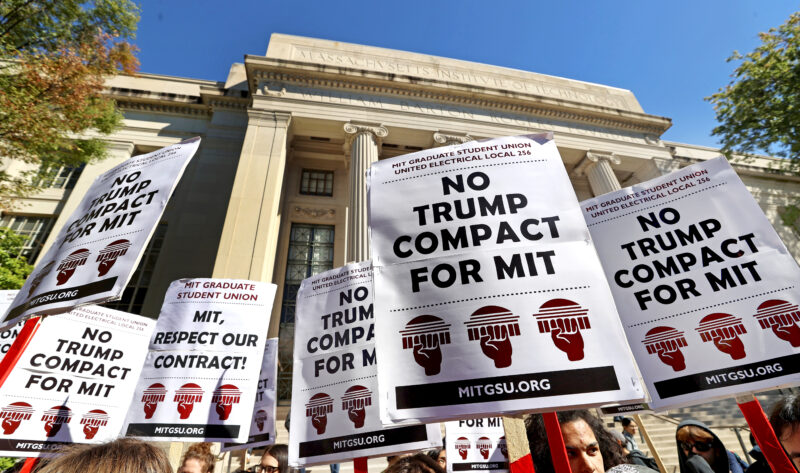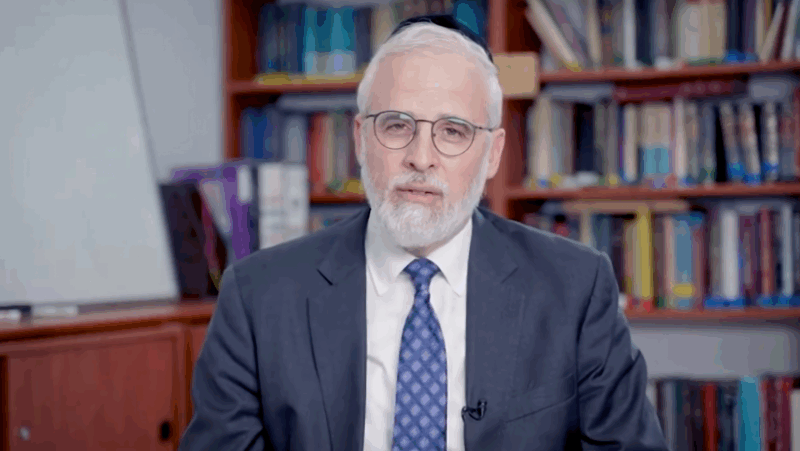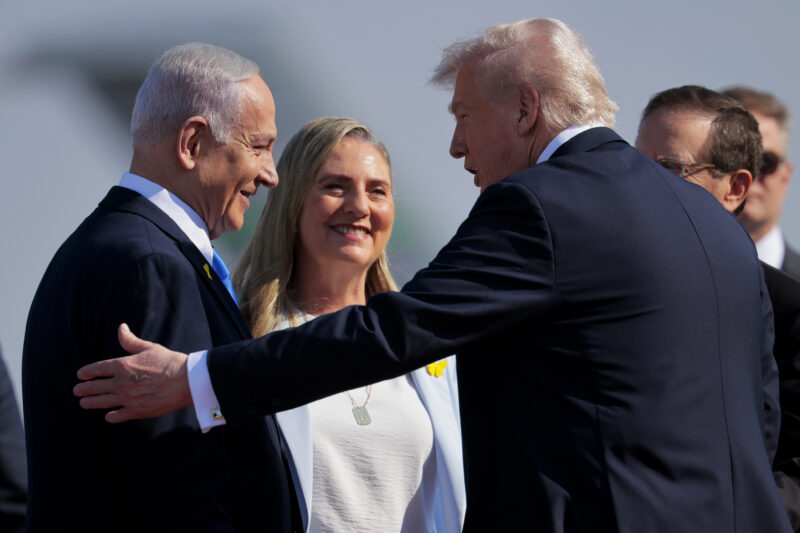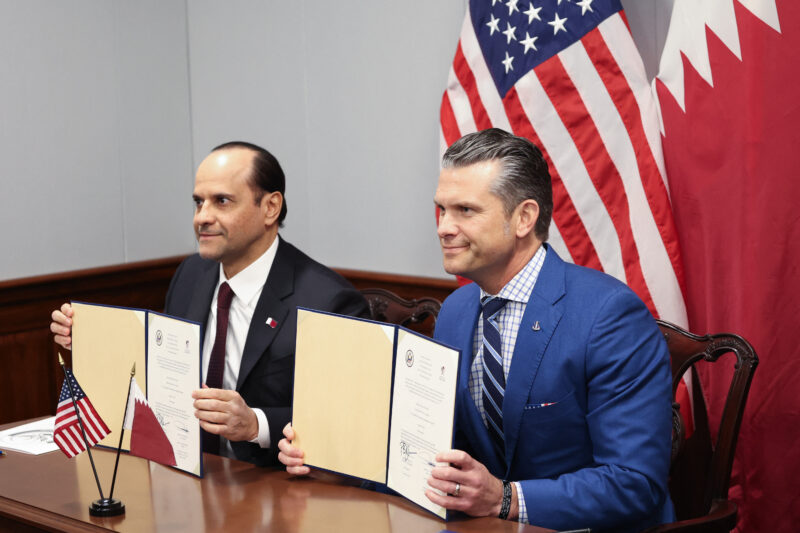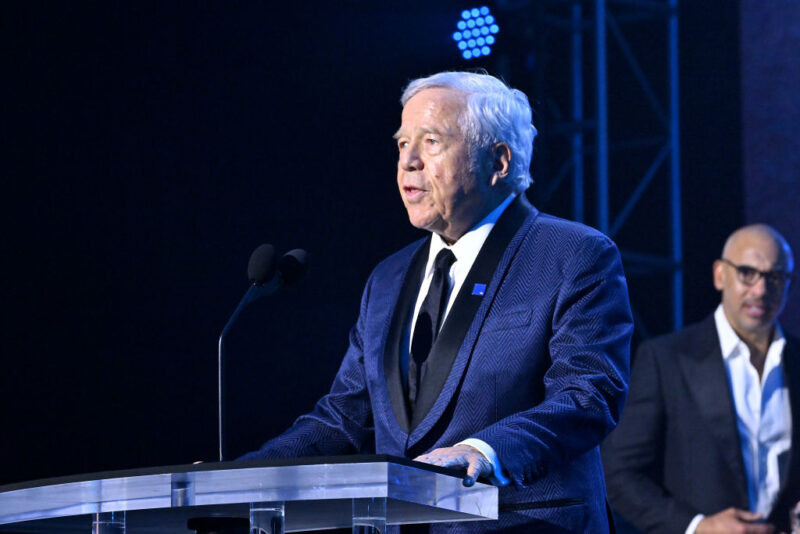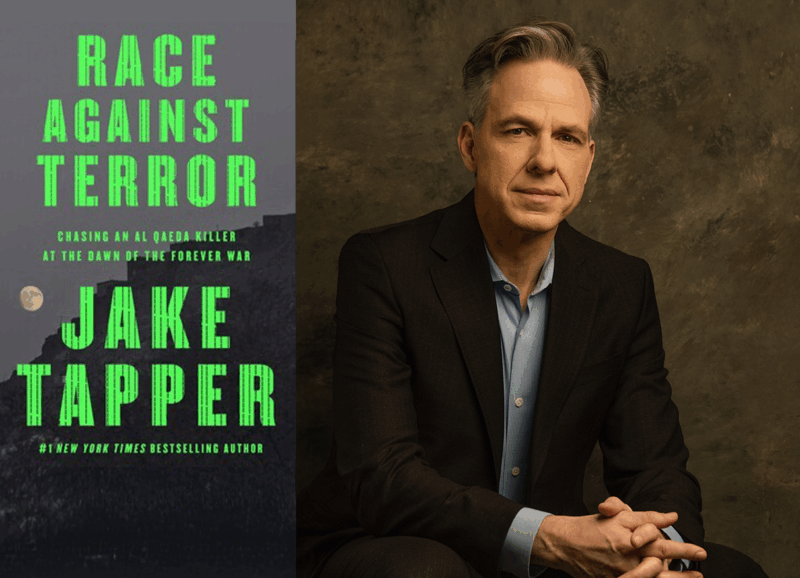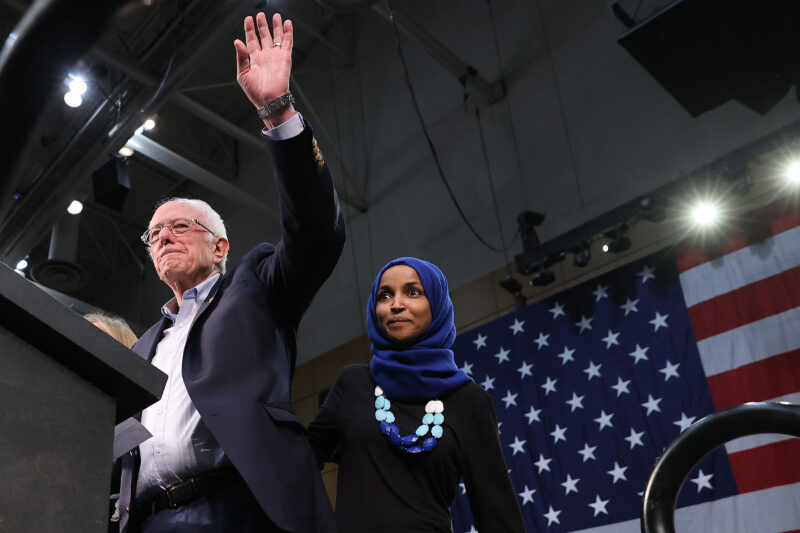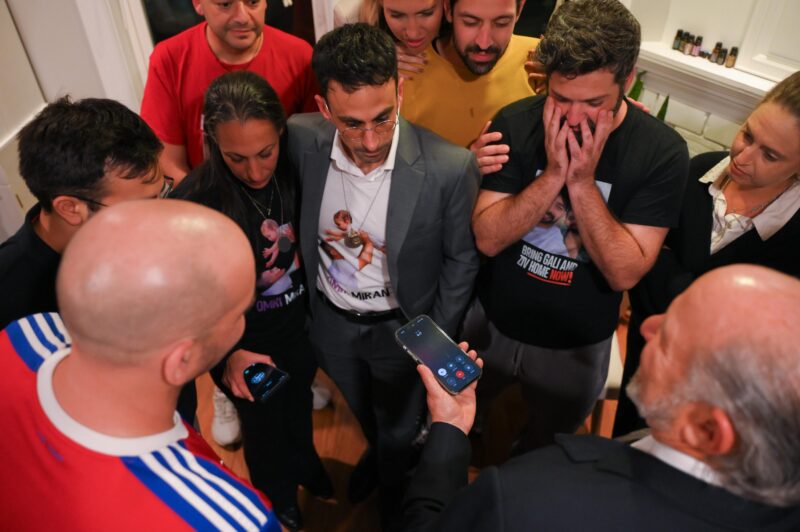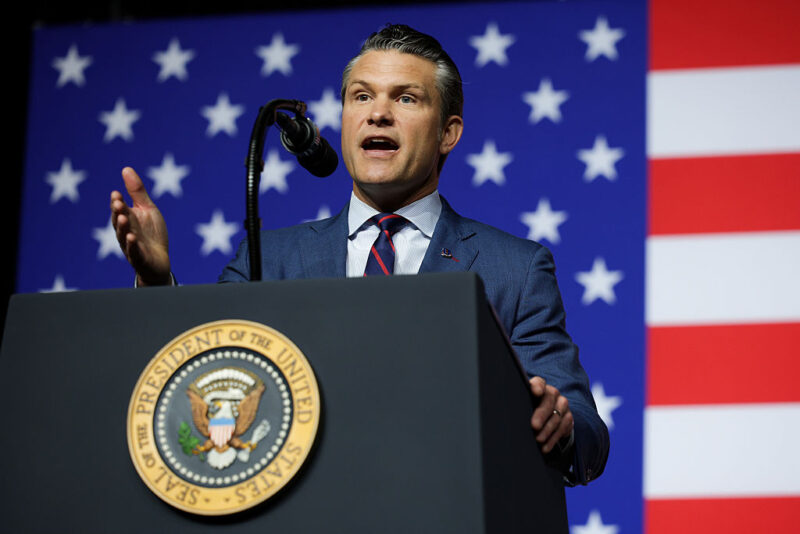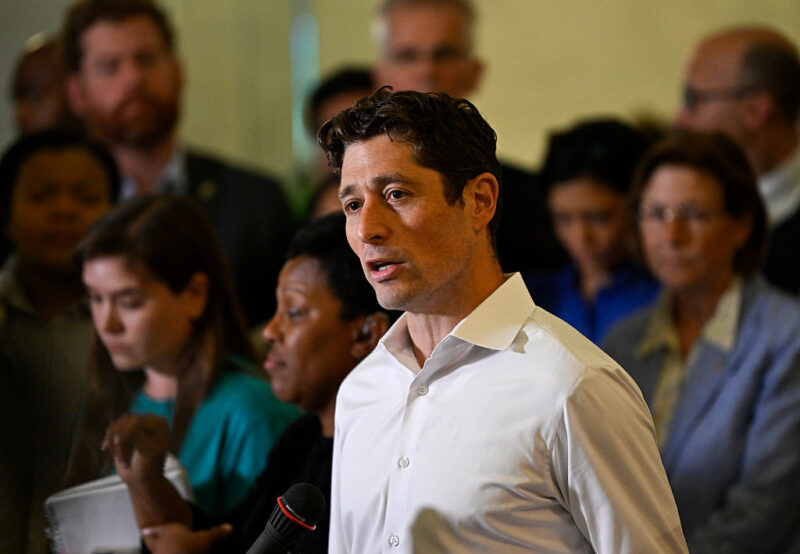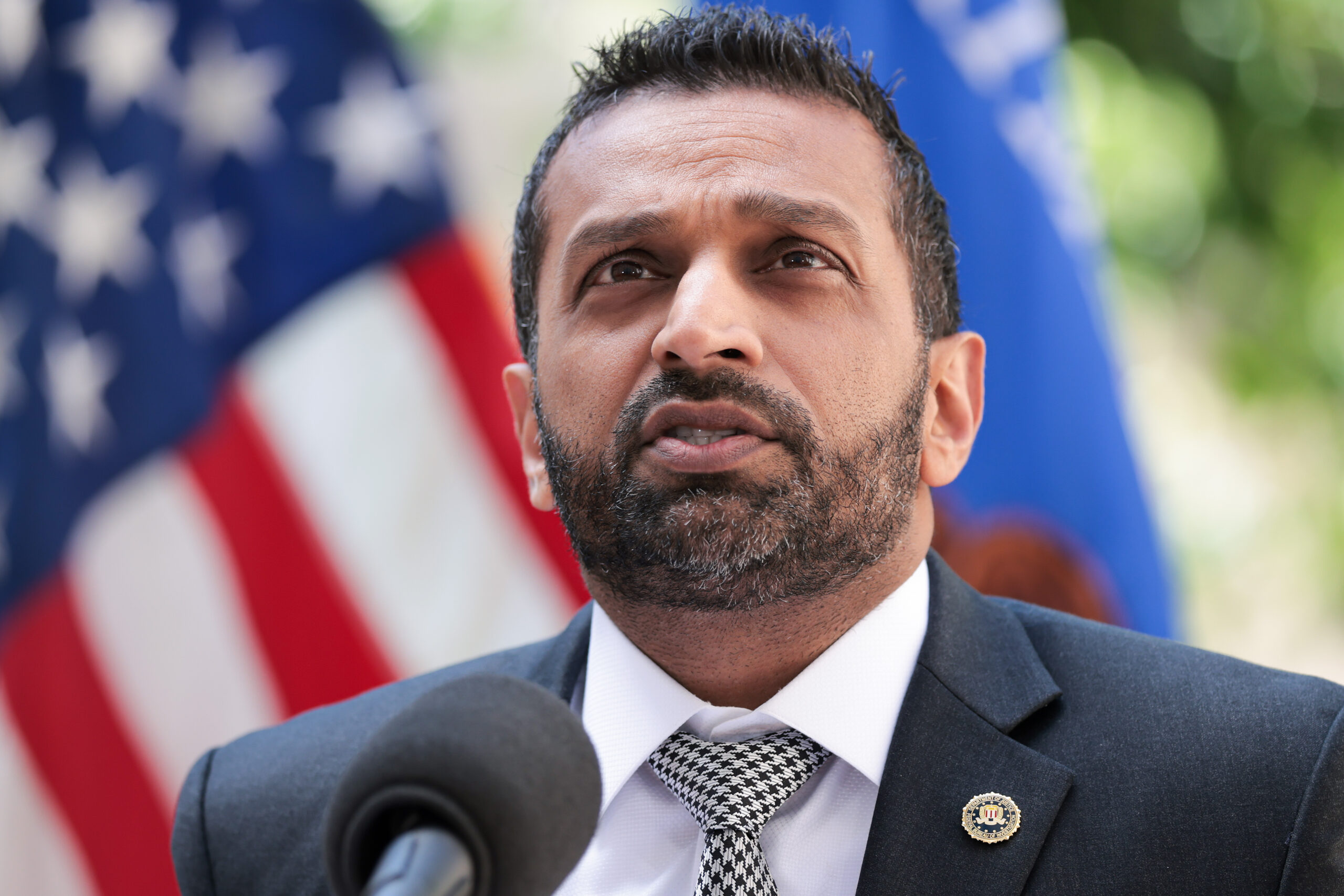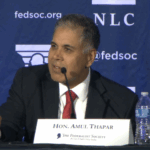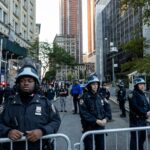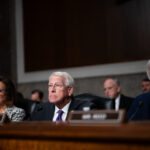The meeting was one of Noem’s highest-level sit-downs with Jewish leaders since taking office

Courtesy Secure Community Network
Michael Masters, the CEO of the Secure Community Network, meets with Secretary of Homeland Security Kristi Noem, July 2025.
Michael Masters, the CEO of the Secure Community Network, sat down last week with Secretary of Homeland Security Kristi Noem amid a push from Jewish community groups for additional security resources to address rising levels of antisemitism.
The meeting was among the most high-level sit-downs between Noem and Jewish communal leaders since she took office.
“The secretary is very, very clear in her understanding and commitment to addressing the threat environment, particularly as it pertains to the faith-based community and the Jewish community and deeply understands the issues and concerns facing the community … and the scope of the department in being able to do that,” Masters told Jewish Insider in an interview on Wednesday.
SCN supported Noem during her confirmation process, and Masters said that she “evidenced a clear understanding and appreciation for the importance of this issue,” and called their sit-down “an encouraging sign.”
He also praised the work she’d done in her prior role, as governor of South Dakota, to protect the state’s Jewish community and understand its needs.
Masters said he and Noem discussed the threats facing the Jewish and other faith-based communities and the ways that SCN has worked with DHS in the past.
“So many of these threats are crossing over different faith based communities and historically, the department has been a convener and coordinator and supporter of efforts of the faith-based community to come together to address those as a whole,” Masters said. “And she firmly embraces that, I think, as a public official and as a person.”
The Department of Homeland Security did not respond to a request for comment.
Masters said that leaders across the federal government, including at the FBI, DHS, Department of Justice and the White House, understand that, “you cannot disassociate the safety and security of the Jewish community from the safety and security of the broader faith-based community, or from the domestic, homeland and national security of the United States.”
One priority for Masters in the meeting, he said, was pushing for the release of the application for 2025 Nonprofit Security Grant Program Funding, which opened on Monday.
“That was the focal point, and has been the focal point for many of our conversations,” Masters said, adding that he was “very encouraged” to see the applications open following his meeting and a push from various other Jewish community stakeholders and lawmakers.
“There’s going to be a bunch of follow-up related to the condensed time frame,” he continued, “and then the remainder of the supplemental. We will be able to turn our attention to that once we get through the current push of getting people’s applications in for this year’s awards.”
Organizations applied last year for a tranche of more than $100 million in NSGP funds provided through last year’s national security supplemental funding bill that has yet to be awarded or released.
Another issue Masters said he’d spoken about with Noem was the plan to cut the majority of the DHS’s Intelligence and Analysis (I&A) division’s staff; Masters wrote to Noem directly earlier this month to offer recommended reforms and overhauls for that office.
“We have worked with I&A since its creation,” Masters said. “There are significant efficiencies to be found [but] I&A is the only statutorily authorized entity that has a responsibility and a mission set related to state, local, tribal and territorial law enforcement and private nonprofit sector partners. It needs to do a much better job of servicing those stakeholders and there are dedicated men and women in I&A who have worked to do that.”
He said that Noem has already been working toward some of the same goals he outlined, including sending DHS agents out of headquarters in Washington and into the field to work on critical issues on the ground.
“Many of us who served in law enforcement and the associations that are currently dealing with I&A — and certainly SCN — we support this effort, but it will be a work in progress for some time,” he said, explaining that the office’s mission and mandate has shifted between and during various administrations.
“All of us are committed, from law enforcement and those of us who deal in the security space, to working to support the effort to make sure that I&A can be as effective as it can be, that it is fit for its mission, it’s sized for its mission and that it’s structured in a way that allows it to be effective,” Masters continued.
Masters, along with Anti-Defamation League CEO Jonathan Greenblatt, Jewish Council for Public Affairs CEO Amy Spitalnick and national law enforcement leaders, also attended a private roundtable with members of the House Homeland Security Committee’s Counterterrorism and Intelligence Subcommittee last week.
“For the fourth consecutive year, antisemitic violence and acts of terror have risen in all 50 states. This is not a localized issue—it’s a national crisis,” Rep. August Pfluger (R-TX) said in a statement. “Last week’s roundtable provided an important opportunity to hear directly from law enforcement officials and Jewish community leaders about this alarming surge.”
He said the participants made clear the need for “stronger interagency coordination, enhanced intelligence sharing, targeted training, and robust enforcement.”
He vowed to work with colleagues to take action and address antisemitism.
“Silence in the face of antisemitism is complicity. Hatred and bigotry have no place in America, and every person deserves to live without fear,” he said.
Masters said that the Jewish and law enforcement leaders were “all aligned in the importance of addressing the threat environment facing the Jewish community, in the importance of addressing hate crimes broadly, and in the necessity of strong, consistent, predictable funding for law enforcement.”
He said they’d discussed issues including I&A and the need for strong collaboration and communication to address threats to the Jewish community and the country as a whole.
“I deeply appreciated the opportunity to meet with the committee on the rise in antisemitic violence and the concrete steps necessary to protect our communities,” Spitalnick told JI, adding that she had advocated for NSGP funding to be released.
“There is still significant work to be done to ensure this critical security program is properly funded and the dollars are moved quickly to protect our communities,” she continued. “We also made clear that the crisis of antisemitism and broader extremism requires a whole-of-government and whole-of-society solution — aimed at building resiliency to hate and violence in the first place. Yet too many programs — such as hate crime prevention grants — have been frozen, cut or insufficiently funded at levels that do not match the dire need.”
The groups emphasized that deportations carried out under the executive order must be consistent with the First Amendment and existing laws

Selcuk Acar/Anadolu via Getty Images
Students at Columbia University have a demonstration near Gaza Solidarity Encampment on April 25, 2024 in New York City.
Several major Jewish organizations welcomed President Donald Trump’s executive order on Wednesday calling on every federal agency and department to review and report on civil and criminal actions available within their jurisdiction to fight antisemitism.
Some groups also expressed caution that deportations carried out under the executive order could conflict with the First Amendment.
Under the executive order, the Department of Justice is directed to review existing antisemitism cases and prepare to more actively bring legal action against those who commit acts of antisemitism in violation of federal civil rights laws. The Department of Education is directed to conduct a thorough review of pending Title VI complaints and investigations.
The order also “demands the removal of resident aliens who violate our laws,” according to a White House fact sheet.
The executive order expands on a 2019 executive order combating antisemitism issued during the first Trump administration, which said that federal agencies must utilize the International Holocaust Remembrance Alliance’s working definition of antisemitism when investigating Title VI civil rights violations.
Amid soaring antisemitism in the U.S. since the Oct. 7, 2023, Hamas attacks on Israel, Michael Masters, CEO of the Secure Community Network, called for “every lawful tool [to] be at the disposal of our federal law enforcement and public safety partners to be able to mitigate threats and stop violence against Jews before it happens.”
“Violent criminals who attack Jews or provide material support to designated terrorist organizations like Hamas, ISIS, or Iran and its proxies should not find safe harbor on American soil,” Masters told Jewish Insider. “Those criminals should be prosecuted in full accordance with the law; people must understand that America does not and will not stand for religious hate crimes against Jews or any religious group, nor will it —– or the people who foment it —– be tolerated.”
Nathan Diament, executive director of the Orthodox Union Advocacy Center, told JI that the group “applauds President Trump’s EO on additional steps to combat antisemitism.”
“The American Jewish community, sadly, has endured an unprecedented assault upon our religious freedoms, and it requires an unprecedented response by those charged with protecting us as citizens,” Diament said.
Jonathan Greenblatt, CEO of the Anti-Defamation League, said in a statement that “combating antisemitism requires a whole-of-government approach, and we are eager to see every federal agency and department take concrete measures to address this scourge.”
“We welcome this effort by President Trump to put the full force of the federal government against rising antisemitism in our country,” Greenblatt said, adding that since Trump returned to the White House last week, “the increased enforcement of university policies already has started to make a significant difference in the campus environment — and more should be done.”
“We hope that holding perpetrators accountable to the fullest extent of the law — including, where applicable, violations of one’s visa conditions — will have a similar effect,” Greenblatt said.
Greenblatt noted that while the ADL applauds “strong action and severe consequences for those who commit violent crimes or otherwise break the law,” he called for “any immigration-related ramifications” to be “consistent with due process and existing federal statutes and regulations.”
“They also should not be used to target individuals for their constitutionally protected speech,” Greenblatt said.
The American Jewish Committee welcomed the order. “We endorse without hesitation the instruction to identify statutes to prevent discrimination against Jews, and the call to apply existing laws to address civil rights violations relating to antisemitism in the aftermath of the October 7, 2023, Hamas terror attack against Israel,” a statement from AJC read. “With that said, it is vital that other provisions in the Executive Order which have the potential to be broadly interpreted to threaten certain ethnic and religious groups be implemented with strict adherence to existing law.”
The Nexus Task Force, which pushes for a definition of antisemitism favored by progressives as an alternative to the widely embraced IHRA definition, condemned the new executive order, arguing that it does violate free speech. “The order cynically weaponizes legitimate concerns about Jewish safety to suppress constitutionally protected speech and threatens vulnerable student populations,” Jonathan Jacoby, the group’s national director, said in a statement.
Amy Spitalnick, CEO of the Jewish Council for Public Affairs, said in a statement that the executive order left “many unanswered questions.”
These include, according to Spitalnick, “how it will actually be applied; how it intersects with and could undermine civil liberties; how the federal government will actually enforce hate crimes laws, given the freeze on civil rights cases and other disturbing steps taken over the past week; and more. Everyone in the United States has basic due process rights, and when we start applying them selectively we don’t only threaten our values – we ultimately threaten our safety too.”
Another leading Jewish group, the Jewish Federations of North America, told JI it would need time to review the executive order before commenting.





